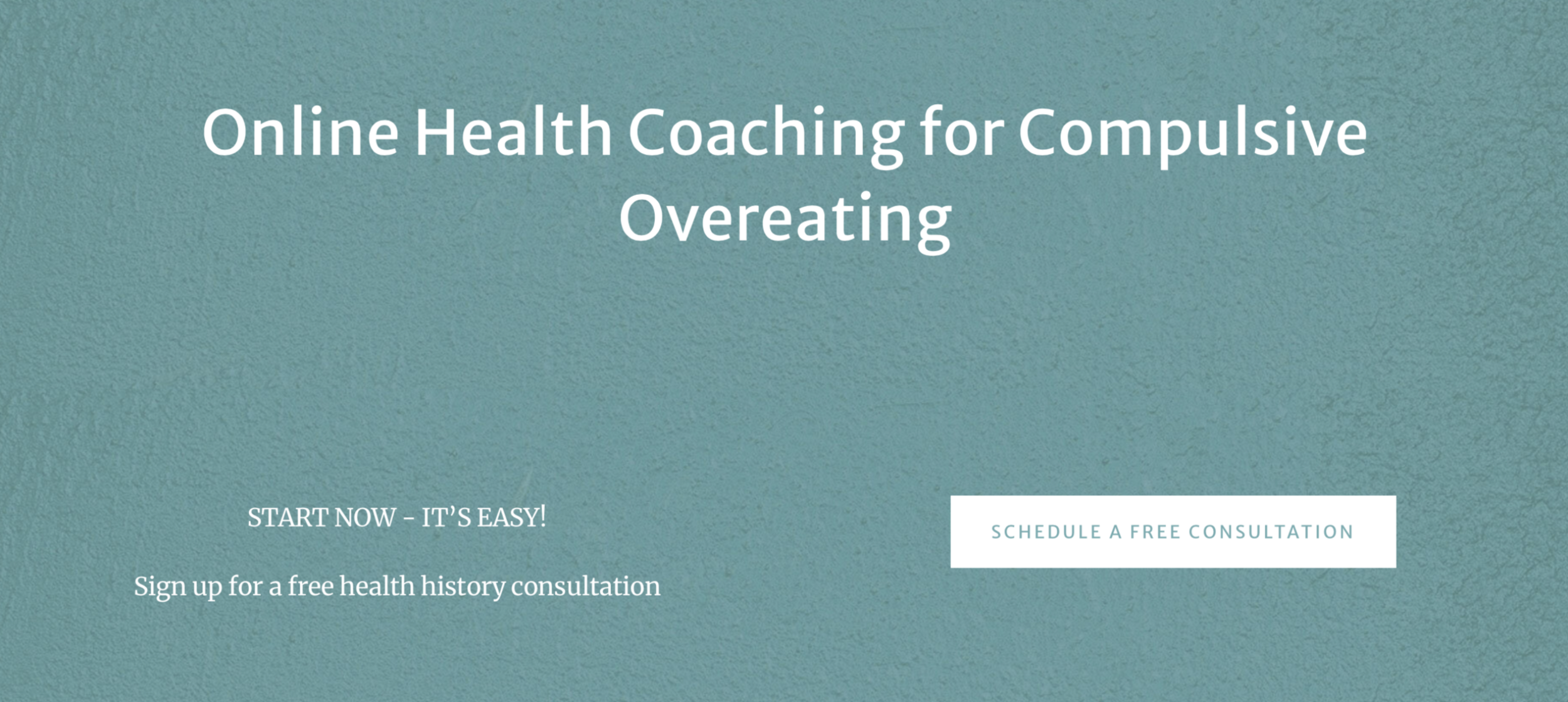How to Stop Binge Eating at Night
Eating at night is a common problem that a lot of us face. After a long day, we may be hungry, tired, possibly stressed, angry, or lonely. These are all dangerous for triggering eating. If overeating is done infrequently, then it’s easier to recover from. However, when it turns into a nightly routine, and the quantity gets larger and larger, it grows into a serious problem. If you resonate with this yourself, don’t worry! Here are seven tips and tricks you can adapt to your needs to combat this harmful eating pattern.
Find the Source
The first step in stopping any bad habit is figuring out where it originated. When you feel the urge to eat late at night, stop and ask yourself what you are feeling at that moment? Are you putting off your bedtime routine and looking for distractions? Are you genuinely hungry, or maybe upset about something that happened during the day? Identifying the root of the impulse to binge at night, will tell you the next step you need to take to change the unhealthy habit.
2. Go to Bed on Time
If you find yourself hungry late or in the middle of the night, it might be because you’re still awake. So, go to bed on time! The easiest way out of nightly food cravings is to simply go to sleep. This might be an obvious answer, but that’s why it’s effective. Going to bed early will help you get up well-rested and hungry for breakfast, allowing you to set up a healthy meal schedule.
3. Eat a Light and Healthy Dinner
Get into the habit of eating a healthy and filling dinner no more than five hours before your bedtime. It needs to be light so that it doesn’t overwhelm your stomach while being digested and disturb your sleep. However, it should still be filling enough. The goal is to stop you from feeling hungry when you go to bed and help you curb the impulse for overeating at night. Great meals to start from are a Romaine salad with 4 oz. of grilled chicken breast, salmon or steak; a hummus sandwich with your favorite veggies, a Kale salad with quinoa, chickpeas, and black beans with a tbsp of reduced-sugar Craisins.
4. Drink Water
Drinking water when you feel the sudden desire to eat at inappropriate times is one of the oldest tricks in the book, but it works. We often think that we’re hungry when in actuality it is thirst. Our food cravings will often miraculously disappear after a few sips of water. However, take care not to drink too much or too close to bedtime as that can interfere with your sleep. You can even mix it up by drinking infused water or herbal teas, my personal favorite is Celestial Seasonings Cinnamon Apple Spice right after dinner.
5. Find a Distraction
When you can’t fall asleep, you’ll often feel frustrated and bored. The brain naturally seeks stimulation in those situations, and food can seem like a great shortcut to achieving that. When you feel the urge to clean out the snack cabinet in the middle of the night, try to do something healthier instead. Playing on the phone is not a great idea due to the negative impact of blue light on sleep quality. However, meditating, praying, breathing exercises, and reading an inspirational book are all great options.
6. Break the Link
Imagine this: it’s Saturday night, and you’ve decided to stay in to catch up with your favorite Netflix show. Three episodes in, you find yourself with an empty bag of chips, half a bottle of soda, and two candy wrappers lying beside you while still craving a slice of pizza. You probably didn’t even feel hungry when you sat down in front of the TV, but mindless snacking has become part of the experience. Brushing your teeth will signal you and your body to end eating for the night. Plus, if you resist the temptation long enough, you’ll find that you’re soon captivated by the show and not thinking about food. The other route is replacing snacks and sugary drinks with healthy alternatives such as raw veggies or fruit slices.
7. Seek Out Professional Help
If overeating interferes with your everyday life or physical and mental health, it can be a sign of a serious eating disorder. Don’t be fooled by the portrayal of disordered eating in the media as something that only happens to young women; anyone can be affected. If you feel that you might suffer from an eating disorder, you may need additional support in this area. Some options are: Psychiatrist, Psychotherapist, Nutritionist, or Integrative Nutrition Health Coach. Those who suffer from additional psychoses such as depression, anxiety, ADHD, bipolar, etc, then the best choice would be a combination of the first 3 options. An integrative nutrition health coach will deal not only with food, but also the stressors of life that trigger overeating, empowering you to cope without turning to food. Also, don’t hesitate to talk to your healthcare provider as well as seek out a dedicated crisis helpline, or phone and online meetings.

